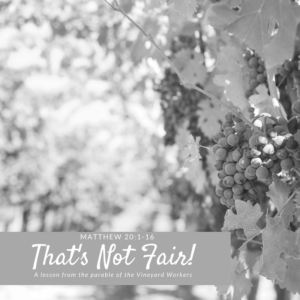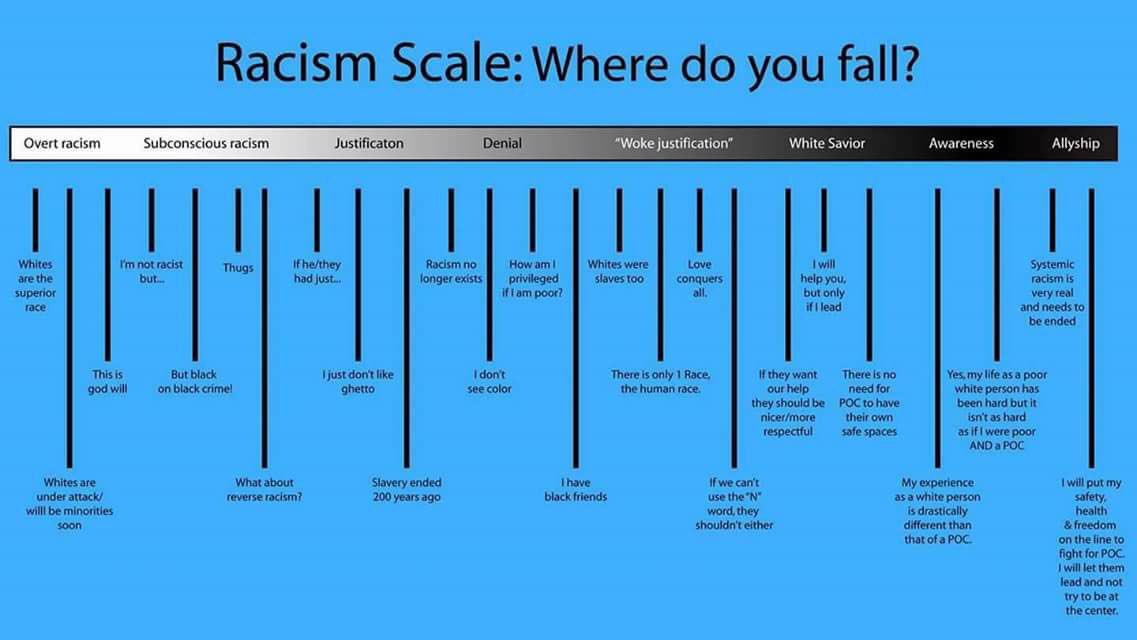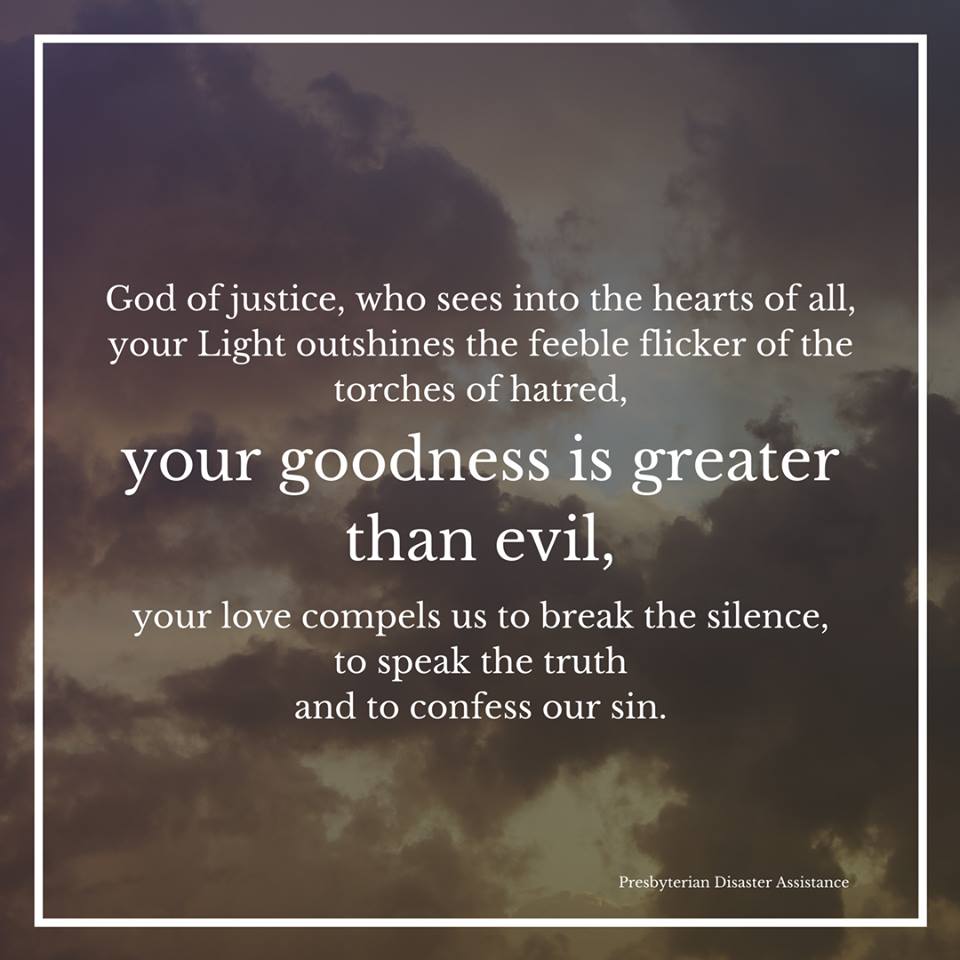Believe it or not, good things can come out of Stewardship seasons. In 1934, Dr. Hugh Thomson Kerr, a pastor who had recently been the moderator of the General Assembly in 1930, had an idea that churches should be brought together in a service of Christian unity, so that everyone might receive both inspiration and information, and above all, know the importance of the church of Jesus Christ and remember that each congregation is interconnected with one another. He took this thought to the Stewardship Division at Shadyside Presbyterian Church in Pittsburgh, Pennsylvania in 1934, and they began to celebrate with such a service on the first Sunday of October. Two years later, World Communion Sunday was adopted by the US Presbyterian Church, and then it began to spread to other denominations and was endorsed by the Federal Council of Churches (now the National Council of Churches) in 1940. The pastor’s son, Rev. Donald Kerr, was a teenager at the time, but later noted:
The concept spread very slowly at the start. People did not give it a whole lot of
thought. It was during the Second World War that the spirit caught hold, because
we were trying to hold the world together. World Wide Communion symbolized
the effort to hold things together, in a spiritual sense. It emphasized that we are
one in the Spirit and the Gospel of Jesus Christ[i].
This morning, almost 100 years later, we join with brothers and sisters in Christ in different congregations, denominations, and countries to celebrate our unity. We can see glimpses of that truth here at Heritage. Last week, we welcomed several new members from different places, including Hilda Snyders, who comes to us from the Dutch Reformed Church in South Africa. During the week, we met school children and adults who were evacuees from St. Croix and opened our facilities to them so they could have a makeshift school and activity time for their children and teenagers as they worked on what would come next for their families. Today at 11:00, we will be joined in worship by our brothers and sisters from Marietta Presbyterian Church, the Korean speaking congregation who meets in our original church building up the hill. In just a week’s time, we have several new examples of the wideness of God’s family.
World Communion Sunday is a wonderful witness to the entire body of Christ, and is a time for us to renew our energies and be inspired by the great cloud of witnesses that surround us, and have even gone before us. In a time where our society and world is full of division and argument, when threats of war lurk not just in the shadows, but in our news cycles, we need to know that we are not as disconnected and alone as it may seem. World Communion Sunday is an affirmation that we are united by something far bigger than anything that could threaten to divide us. Today is a reminder and a celebration of the faith and friendship we share through our Lord and Savior Jesus Christ.
Paul’s letter to the Philippians is the perfect text to help focus us on this important point. It is written to a Christian community in eastern Macedonia with whom Paul had great affection. Throughout the letter, his encouragement and commentary are signs of a friendship and love with this group of believers in a way that is more affectionate than almost any of his other letters. In addition to this theme of love and care for each other, Paul continually encourages them to seek unity. Writer Monya Stubbs suggests that:
Paul lays out three levels of unity into which he hopes the Philippian community will grow stronger: (1) a unity of purpose or mission in living and proclaiming the gospel, (2) a unity around the principle of “other interestedness,” and (3) a unity of perspective where people understand themselves as mutually indebted to one another[ii].
For Paul, unity is related to actions and is a lived-out reality of our beliefs. In writing to the Philippians, he hopes that they will learn a pattern of thinking and living that is humble. He knows that this is a difficult thing to do. In fact, it can only be accomplished with the help of Jesus Christ himself.
Paul includes a beautiful hymn in verses 6 through 11 of our passage, one that was likely familiar to this congregation in Philippi, and helps illustrate the core elements of his message with a beautiful description of who Jesus is as an example and inspiration to believers. Marcus Borg notes that, in Jesus:
Rather than being an article of belief, God becomes an experiential reality. . . .
God can be known in that direct and intimate way, not merely believed in[iii].
Through Jesus, humanity has a relationship with God that is defined by love. In this way, Jesus is the manifestation of the heart of God[iv]. Such a revelation, such a love, is meant to evoke a response in the Philippians, and in us. It should call us to worship. The very name of Jesus should stir in us something deep and profound, touching the places of deepest longing and sincerest hope. It should bring us to the place where we, too, bow down and worship, confessing with our loudest voice that Jesus Christ is Lord!
I love the phrase in verse 11 from this ancient hymn “every tongue confess,” because it reminds me that Christians have a variety of ways of professing our faith, which I imagine sounds like a beautiful symphony to God. We profess our faith in literal different tongues, using different languages to proclaim the same good news. Today, we hear words of Scripture, prayer, and praise in English and Korean, and join our voices in these and the other languages of our hearts to offer our worship to God. We also use different kinds of words and phrases to articulate and explain our faith. While the profession of Jesus Christ as Lord is what makes us distinctly Christian, we have many ways of explaining what that means. Leanne Van Dyk describes some of them in this way:
One person might say, “It means that Jesus is my personal Lord and Savior and, if I believe in him, I will have eternal life.” Someone else might say, “It means that Jesus is on the side of the poor and oppressed and we are called to join in the struggle for justice.” Yet another person might declare, “Jesus is the King of the world. We must follow Jesus and obey him.” Someone else might answer, “Yes, Jesus is King. But his rule is best seen in the suffering of the cross. We must turn upside down all our notions of power because of Jesus.[v]”
What would you say? How would you confess that Jesus Christ is Lord? Chances are, there would be as many different answers in this room as there are people. And I think that is almost always a good thing, because it means that Jesus Christ isn’t just some historical figure about whom we learn a biography or facts and figures. It means that Jesus is alive and well in our lives today, and has impacted us in ways that are deeply personal and unique. That is the power of God’s love, a God who is at work in each of us, even now.
The many ways we confess who Jesus is also means that we need each other in community to fully get a picture of God. Together with the stories of our scriptures, we can better understand the many dimensions and aspects of God that make our great mystery of faith. Through these understandings, we might hope to get a glimpse of Christ himself.
When I was a child at church summer camp, I remember learning a song whose chorus asks:
Have you seen Jesus my Lord? He’s here in plain view.
Take a look, open your eyes, he’ll show it to you[vi].
I sang it constantly, because I fell in love with the soprano descant, but also because it was a reminder of the ways we experience God in the midst of our lives. The verses speak of God in the sunset, and the ocean, and on the cross. By my favorite is the final verse:
Have you ever stood in the family with the Lord there in your midst?
Seen the face of Christ on each other? Then I say . . . you’ve seen Jesus my Lord[vii].
Today, on this World Communion Sunday, we stand in the family of God, and the Lord is here in our midst. We proclaim the good news that Jesus Christ is Lord to each other, as we join in prayer, lift our voices in song, and share in bread and cup. Look around you, brothers and sisters in Christ. The Lord is in our midst. May we see Jesus Christ on the face of each other, may we feel his presence, may we hear his name and bend a knee to confess that Jesus Christ is Lord. Amen.
~Rev. Elizabeth Lovell Milford
October 1, 2017, 8:30 am service (11:00 am was abridged from this manuscript to allow for interpretation in Korean by Rev. Paul Lee of Marietta Presbyterian Church)
——————————————————————————————————
[i] John A. Dalles, “Presbyterian Origins: World Wide Communion Sunday,” Originally printed in the October 7, 2002 issue of Presbyterian Outlook, http://www.wekivapresbyterian.org/articles/presbyterian_origins.htm, accessed 9/28/2017.
[ii] Monya A. Stubbs, “Philippians,” True to Our Native Land: An African American New Testament Commentary, Brian K. Blount, General Editor, (Minneapolis: Fortress Press, 2007).
[iii] Marcus J. Borg, Meeting Jesus Again for the First Time: The Historical Jesus and the Heart of Contemporary Faith, (New York: HarperOne, 1994).
[iv] Leanne Van Dyk, Believing in Jesus Christ, (Louisville, KY: Geneva Press, 2002).
[v] Leanne Van Dyk.
[vi] “Jesus My Lord” by John Fischer, copyright 1970 by Songs and Creations, Inc., as printed in Songs, compiled by Yohann Anderson (San Anselmo, CA: Songs and Creations, Inc. , 1982).
[vii] Ibid.










